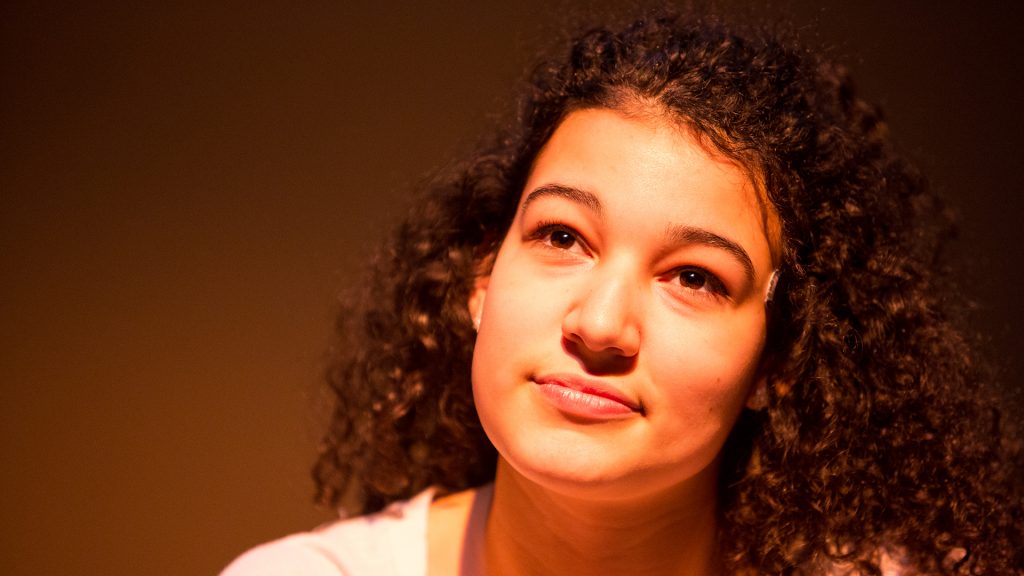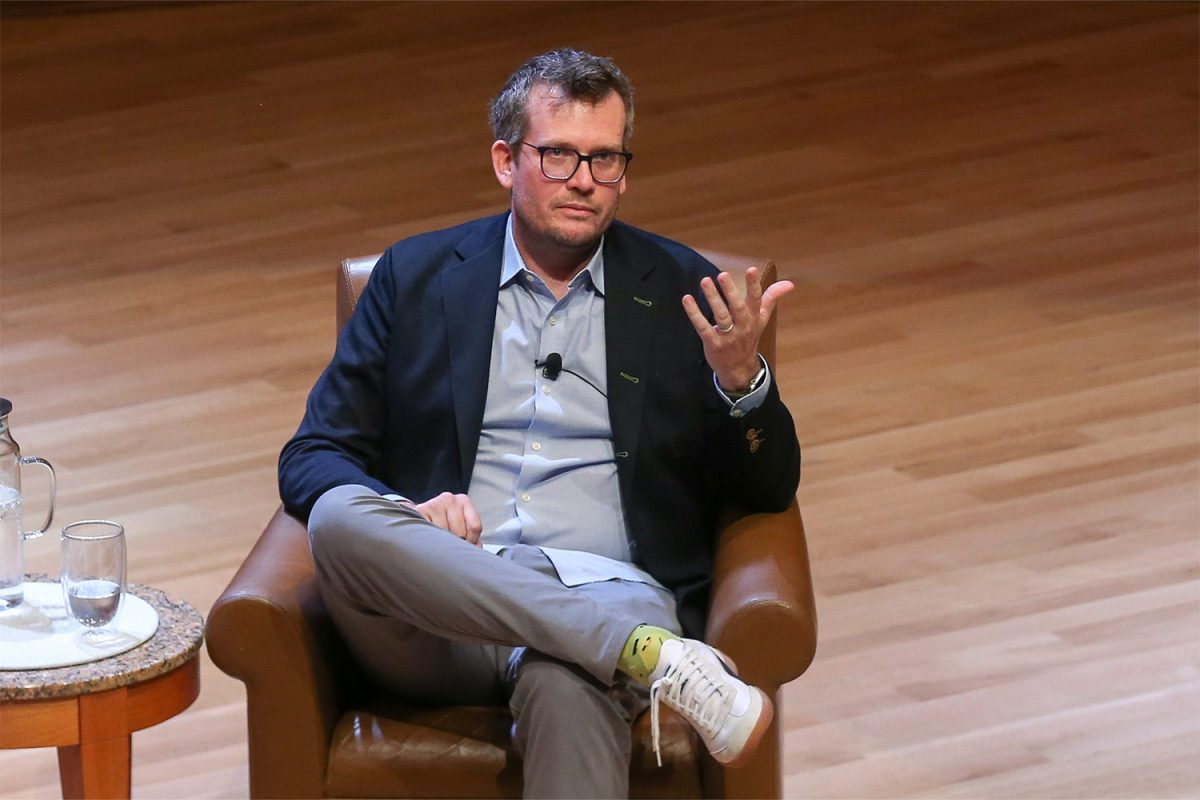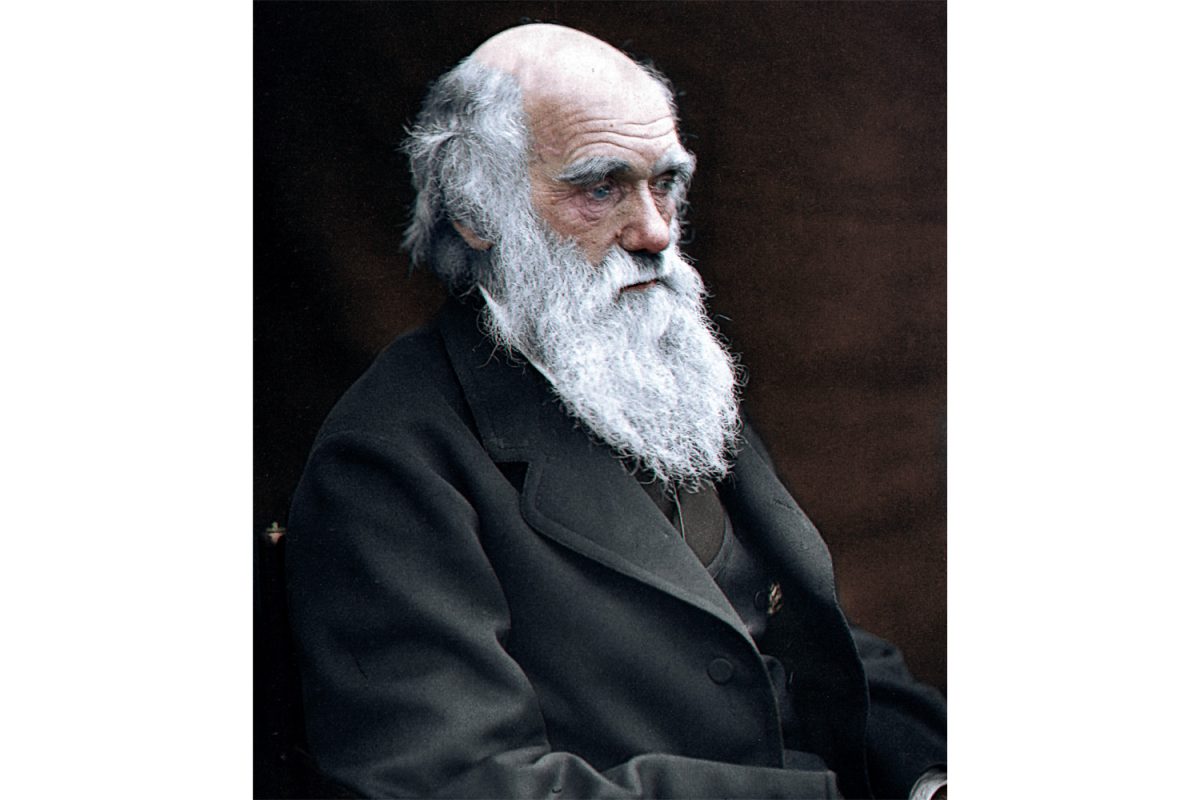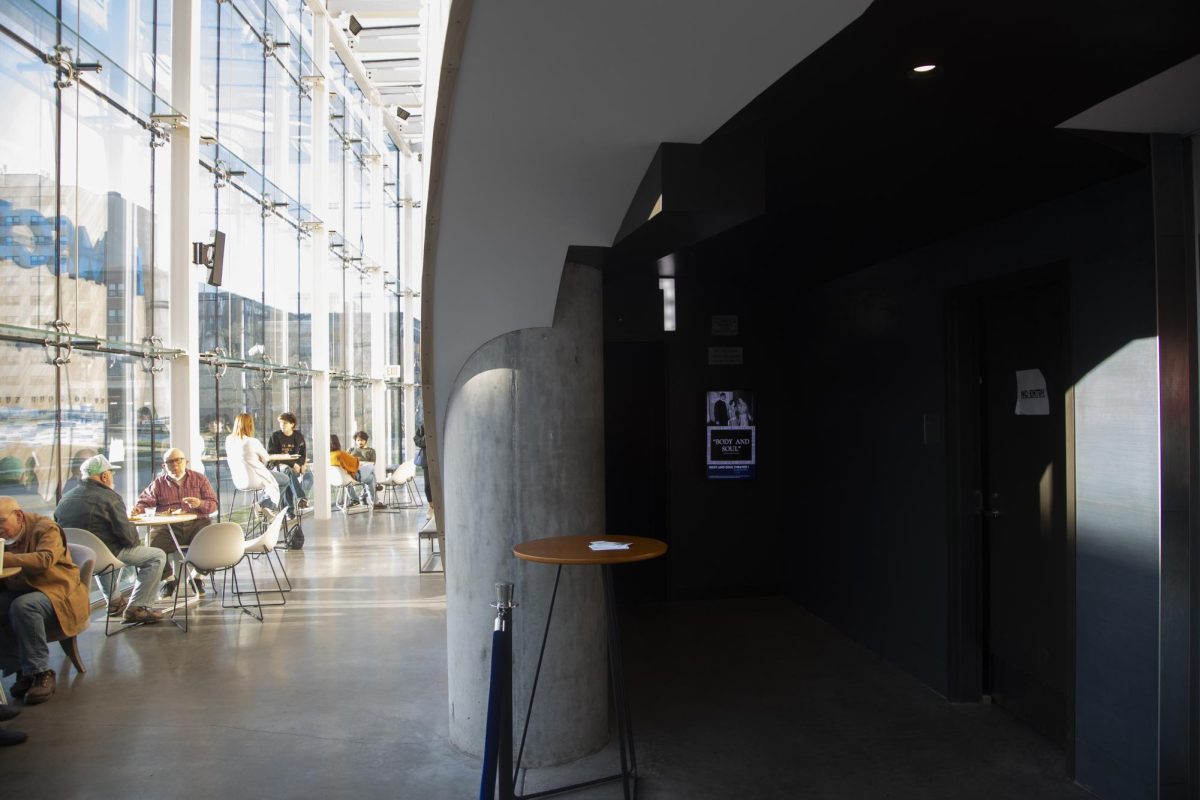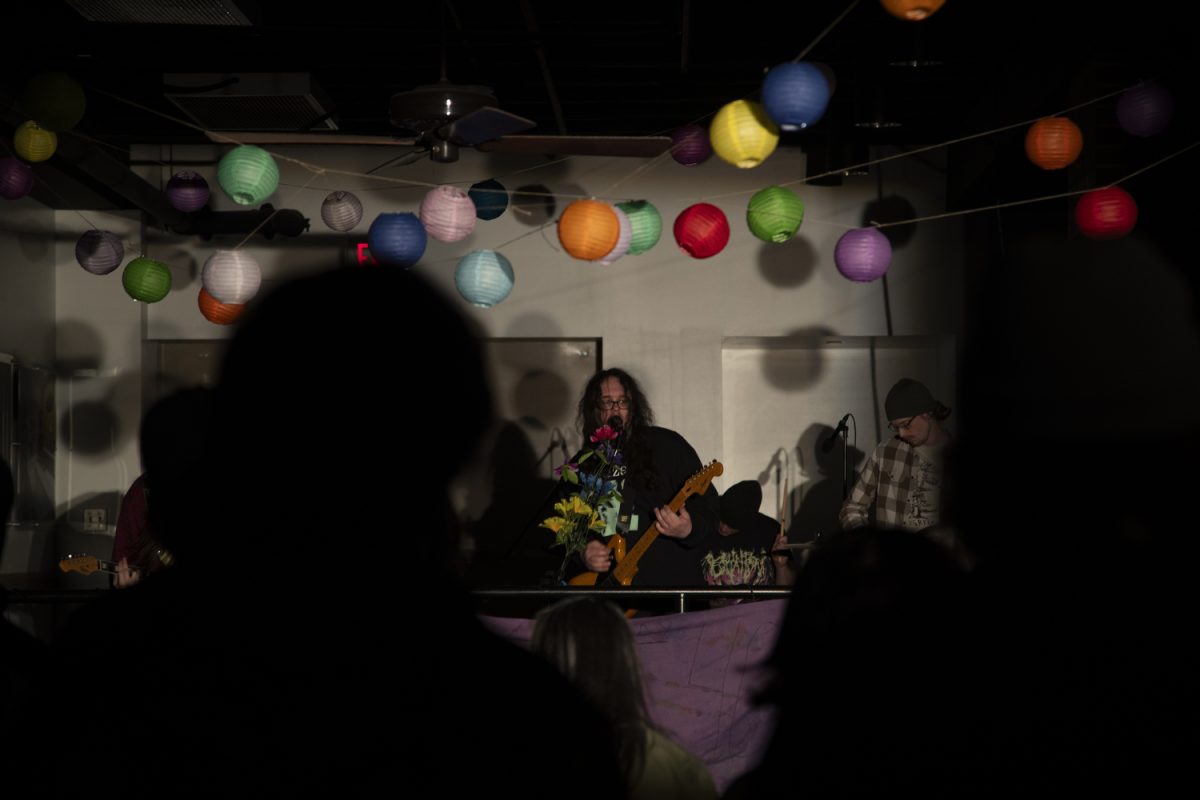Feelings of disassociation surface as Tegan, a woman with amnesia, fails to remember her life, who she is, and those who surround her. Meanwhile, the uncertainties and extremities of technology will illustrate fears and anxieties centered around how far is too far.
This weekend, the University of Iowa Theater Department will present ECHO, a play that depicts a fear of that shows just how extreme the world would become when aided by technology.
Instead of illustrating a dystopian theme like previous theater performances at the University of Iowa, ECHO has a science-fiction theme.
Protagonist Tegan interacts with a small piece of technology called “the echo.” As Tegan interacts with the device, she is able to reconstruct a synopsis of her life, guiding her through her potentially painful memories.
Fearful that other people will define herself for her, Tegan avoids even going outside,emphasizing fears of how others define you or discovering that the people in your life were notwho you thought they were.
“[Tegan is] very lost … and there’s only a few moments where you can actually see her genuinely happy,” said Victoria McFadden, who plays Tegan. “I think she wants to try to put on a show to be happy for the people around her, but really she just feels lost.”
Whether it be a fear of losing one’s memory or a fear of the unknown future of technology, the plot line for ECHO is largely inspired by fear.
“[The play illustrates the fear of] our dependence on technology [in regard to] how far will we go with technology — it’s very ‘Black Mirror’-esque,” said Marc Saladino, who plays Rainer, Tegan’s husband and the owner of a cloning business.
Playwright Harrison Cook’s inspirations for the play came from research studies that focused on technology’s effects on people.
Click below for more photos
[masterslider id=”235″]
“There is this really good book by Sherry Turkle called Alone Together, and it’s about how even though [we are in] in this age of connectivity, there is so much isolation and loneliness,” said Cook. “That really got my gears turning, and I really wanted to illustrate that on stage.”
Even more fearful, technology has seemingly become an afterthought of our daily lives. Several people do not even think about technology and its effects largely due to its accessibility.
In disbelief, Cook described how a documentary he viewed about the evolution of electricity explained that electricity has become so accessible and prevalent that people do not consciously think about it unless we are paying an electric bill or plugging something into an outlet.
As a result, Cook contemplated how he could make the technology depicted in the play feel so ubiquitous in society.
However, director Rob Petrie ensures that bouts of humor will be incorporated into the play, hoping that audiences will be pleasantly surprised by the sense of wit portrayed in the production.
“[ECHO] encompasses the fear of where things could go in the future … what it would do to us, and what we lose by putting so much of ourselves online,” Petrie said. “There is a quote by Plato that [explains] that pencils are making us less intelligent because what you write down you don’t have to remember it, and it speaks with what a lot of the play is about.”




